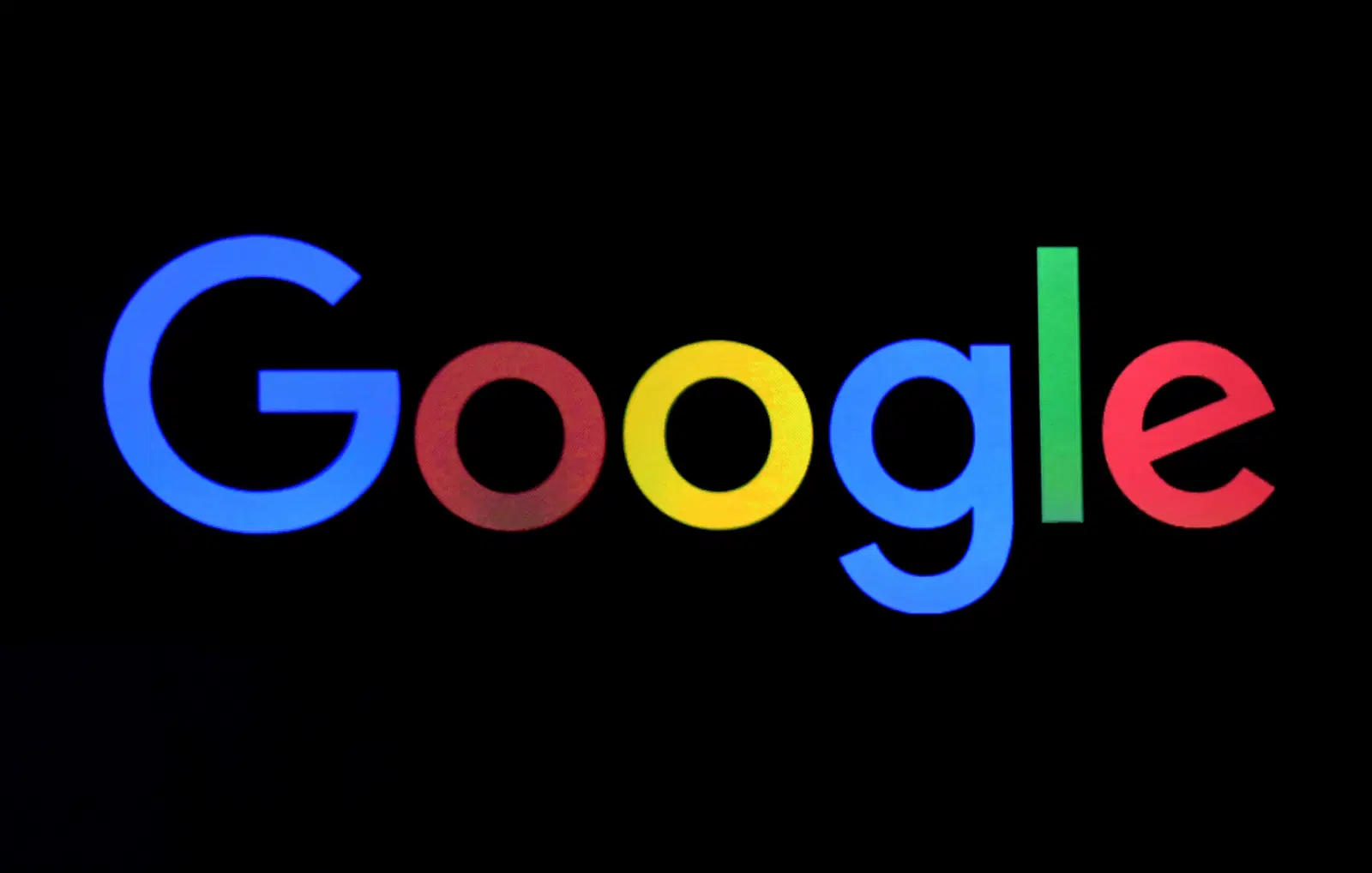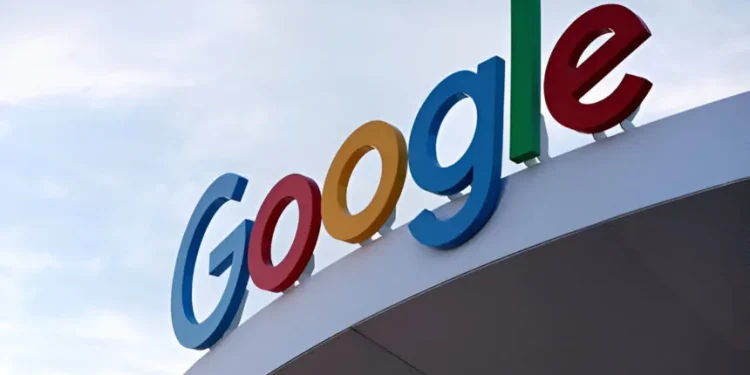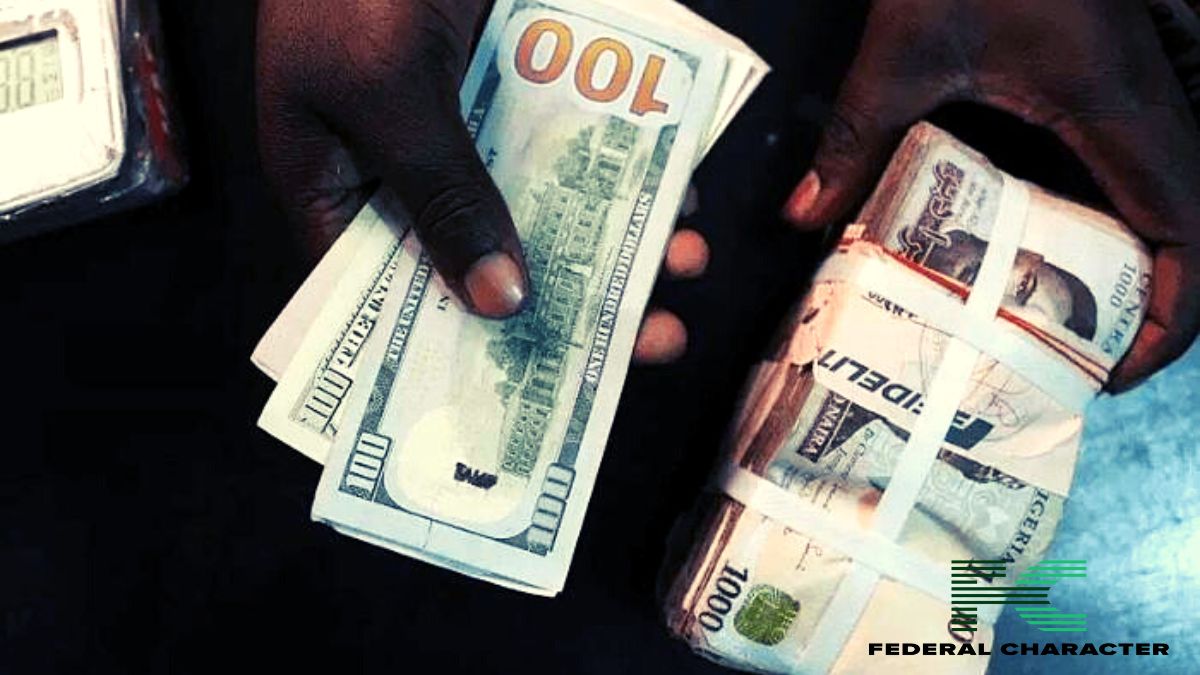Alphabet, Google’s parent company, just walked away with a $160 billion gift from the courts. The judge could have ordered a breakup. He didn’t. Instead, he gave Alphabet a lifeline that sent its shares flying up more than 6% in premarket trading. Investors are smiling, but critics are asking if this is really justice or just another win for Big Tech money power.
A court ruling that saved Google
Judge Amit Mehta had ruled before that Google violated antitrust laws. Everyone thought the next move would be a breakup, splitting Chrome, Android, and maybe even its search business apart. That would have been historic. But instead of swinging the axe, the judge chose a softer path. No breakup. Just some restrictions. Google can’t lock up exclusive contracts with device makers anymore. But it can keep paying Apple billions to remain the default search engine on iPhones. So the “punishment” actually protects both Alphabet and Apple.

Investors win, competition loses
Wall Street loves it. Alphabet’s market value jumped more than $160 billion in a single day. Apple also gained, with its shares rising nearly 4%. Analysts are already saying this decision is a green light for deeper partnerships, including Apple possibly plugging Google’s Gemini AI into future iPhones. That means Big Tech gets bigger, not smaller. So while the judge claims to be protecting competition, the ruling looks more like a shield for Silicon Valley’s richest players.
The AI excuse
The judge justified his decision by pointing to AI. He argued that tools like ChatGPT are new competitors to Google’s search dominance, so breaking Google apart wasn’t necessary. Really? A few startups with chatbots are supposed to compete with Google’s massive search empire and data advantage? That sounds less like reality and more like an excuse to avoid breaking up one of the most powerful companies in the world. The “AI will save us” line is convenient, but it’s not convincing.
A monopoly still breathing
Yes, Google will have to share some search data with rivals. But even analysts admit that this will only “marginally” boost competition. Google still owns the biggest datasets, the deepest partnerships, and now, thanks to this ruling, the legal freedom to keep tying its future to Apple. The government started this fight in 2020 to break up a monopoly. Five years later, that monopoly is not only alive but richer.
The bigger question
This ruling tells us one thing clearly: Big Tech is too big to break. Alphabet had a real threat hanging over its head. That threat is gone. Instead of being cut down, it was rewarded with $160 billion in fresh value. So people are asking: is the system working for citizens or just for corporations?

















